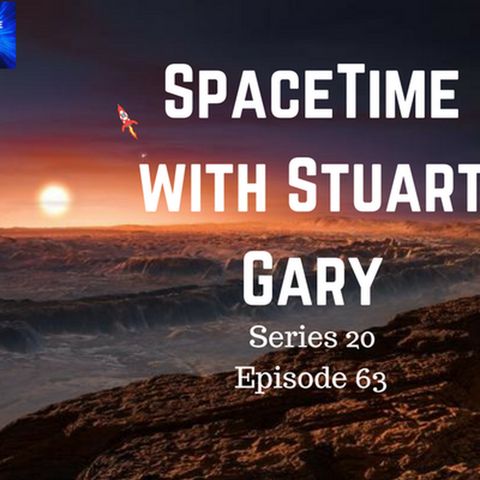63: An Earth-like atmosphere may not survive Proxima b's orbit

Sign up for free
Listen to this episode and many more. Enjoy the best podcasts on Spreaker!
Download and listen anywhere
Download your favorite episodes and enjoy them, wherever you are! Sign up or log in now to access offline listening.
Description
Stream episodes on demand from www.bitesz.com (mobile friendly) * An Earth-like atmosphere may not survive Proxima b's orbit Proxima B -- the nearest known exoplanet to our solar system is...
show moreSee acast.com/privacy for privacy and opt-out information.
Information
| Author | bitesz.com |
| Organization | bitesz.com |
| Website | - |
| Tags |
-
|
Copyright 2024 - Spreaker Inc. an iHeartMedia Company
